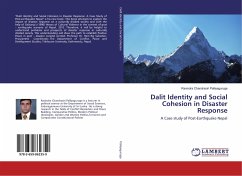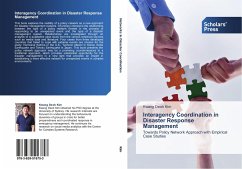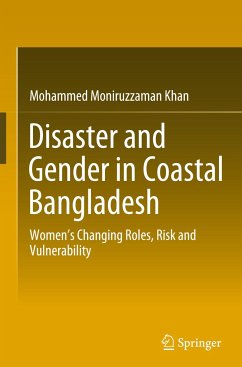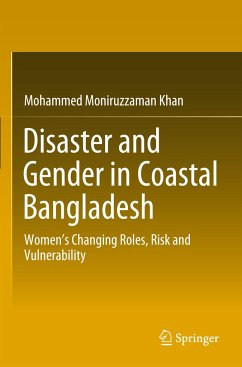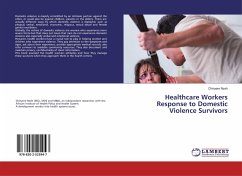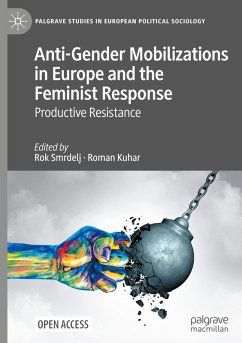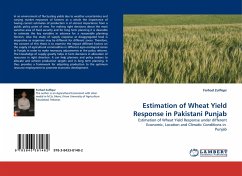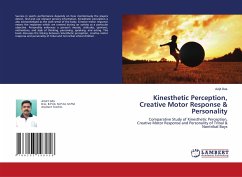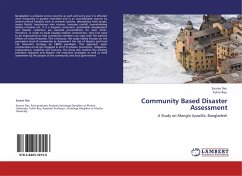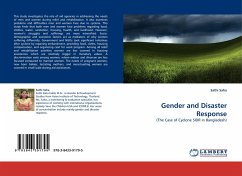
Gender and Disaster Response
(The Case of Cyclone SIDR in Bangladesh)
Versandkostenfrei!
Versandfertig in 6-10 Tagen
32,99 €
inkl. MwSt.

PAYBACK Punkte
16 °P sammeln!
This study investigates the role of aid agencies in addressing the needs of men and women during relief and rehabilitation. It also examines problems and difficulties men and women face due to cyclone. This study finds that both men and women face problems regarding food, clothes, water, sanitation, housing, health, and livelihood. However, women's struggles and sufferings are more intensified. Socio- demographic and economic factors act as mediators of why women suffering differently. Government and NGOs took significant initiatives after cyclone by repairing embankment, providing food, cloth...
This study investigates the role of aid agencies in addressing the needs of men and women during relief and rehabilitation. It also examines problems and difficulties men and women face due to cyclone. This study finds that both men and women face problems regarding food, clothes, water, sanitation, housing, health, and livelihood. However, women's struggles and sufferings are more intensified. Socio- demographic and economic factors act as mediators of why women suffering differently. Government and NGOs took significant initiatives after cyclone by repairing embankment, providing food, cloths, housing compensation, and organizing cash for work program. Among all relief and rehabilitation activities women are less covered in housing assistances which are relatively bigger in monetary values. A discrimination exits among women, where widow and divorcee are less focused compared to married women. The needs of pregnant women, new born babies, lactating mothers, and menstruating women are covered in small scale during aid assistances.



